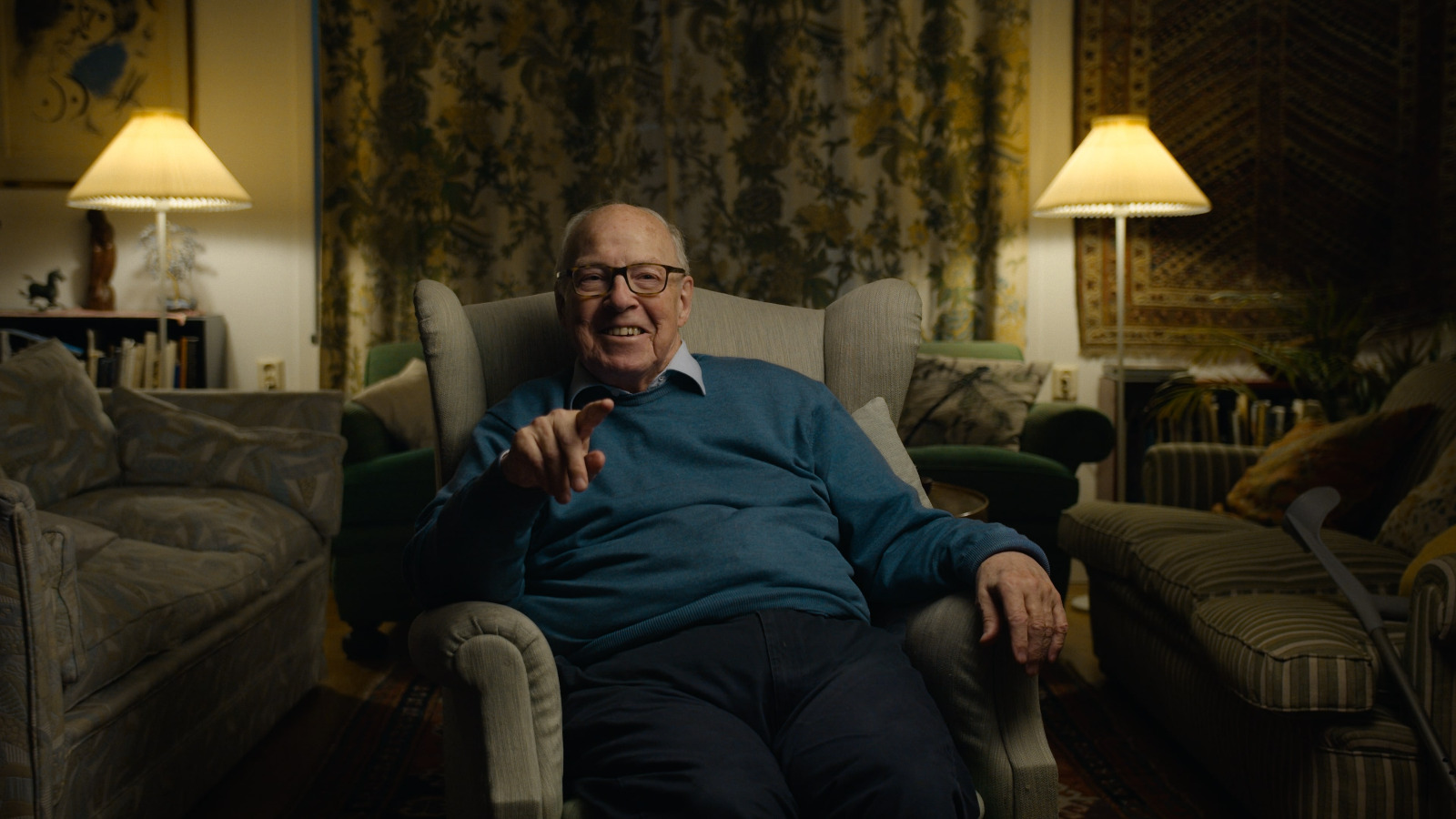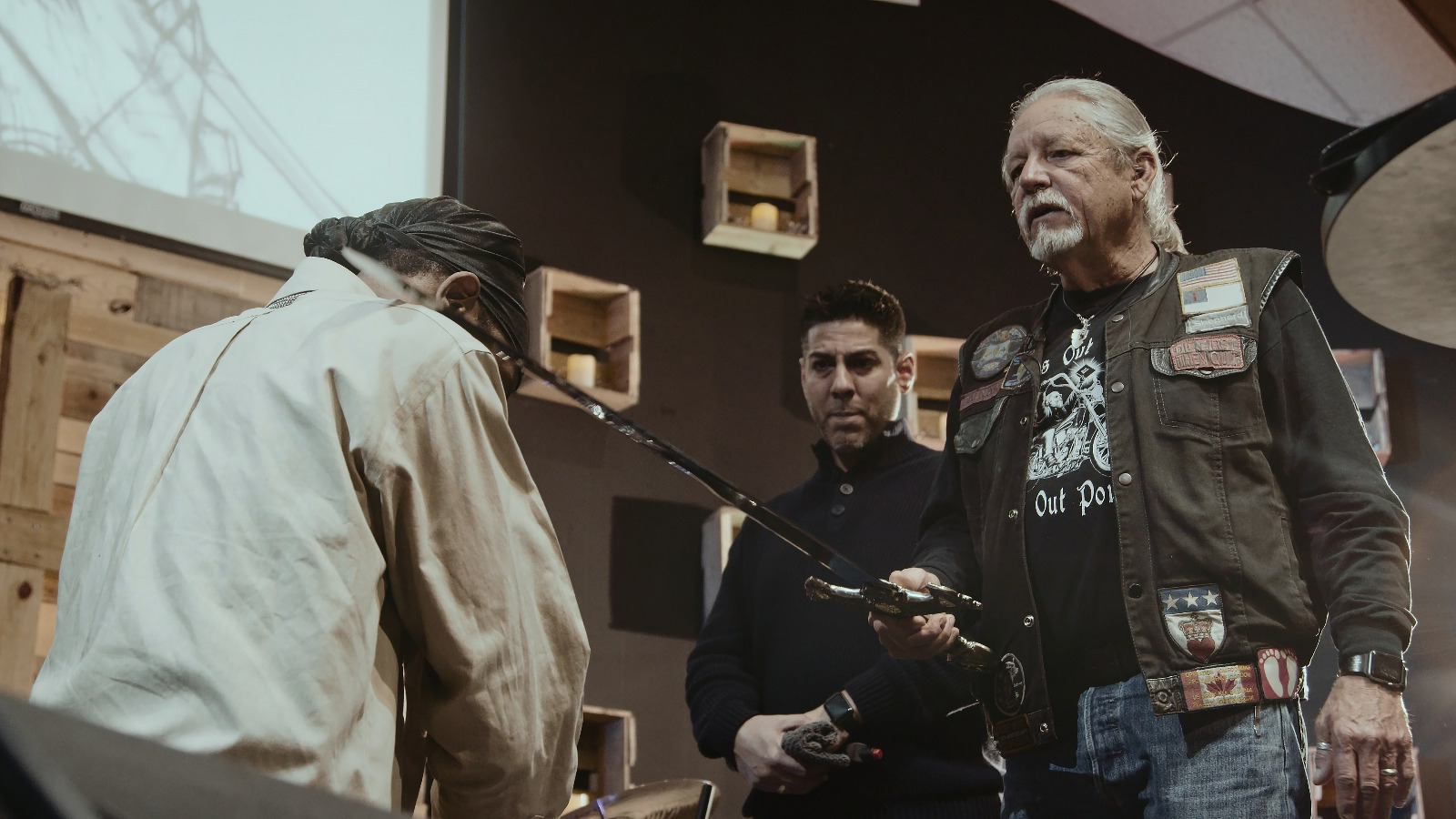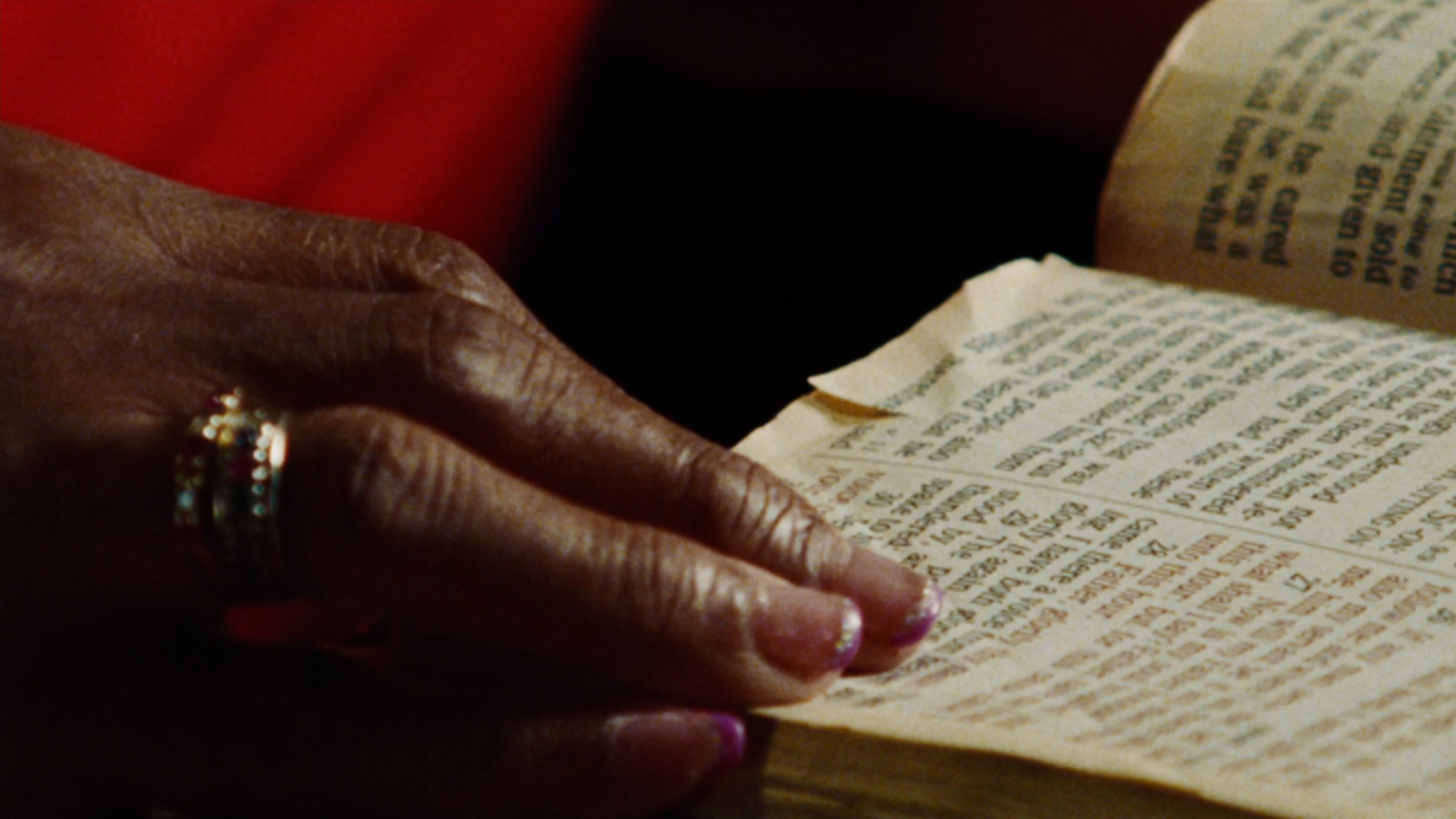Blix Not Bombs
(Czech Republic/Germany/Sweden, 85 min.)
Dir. Greta Stocklassa
Programme: Special Presentations (North American Premiere)
On the one hand, Blix Not Bombs is about the United Nations’ weapons inspector, Hans Blix, a Swedish expert who became a central figure in the buildup to the coalition invasion of Iraq in the aftermath of 9/11. On the other hand, this is a story of a filmmaker telling her own tale, focussing on her own feelings, and putting onto the shoulders of her subject a sense that he alone may have had opportunity to change the events of her early childhood that continue to have catastrophic aftershocks.
Part interview, part interrogation, Stocklassa manages to both humanize Blix while holding him accountable for his role during this period. We’re treated to a suitably detailed overview of his remarkable career spanning nearly half a century where nuclear disasters like Chernobyl were under his purview, as was, of course, his work trying to determine the extent of weapons of mass destruction in Iraq that were alleged by America and its allies, and partly fueled by contradictory or even outright murky statements by Saddam Hussein and his spokespeople.
Stocklassa begins the film with images from her childhood, making overt that this is a personal journey for her to understand the period in retrospect. She shows Blix some pop culture relics, such as the marionette characterization in Team America: World Police, which presents a surreal counterbalance to the rigid procedures of diplomacy.
Blix’s own history is given relatively little time – for example, his role as a Swedish politician is barely hinted at, let alone his stint as Foreign Minister. His role as head of the International Atomic Agency from the early 1980s through to the close of the next decade inevitably gets more screen time. That period saw his most complex and controversial activities with the vast majority of the film trying to make sense of the central debates that occurred after he was called from retirement and tasked to lead a team that would try to disprove a negative, answering directly whether it was true that there were no weapons to be found.
Stocklassa wisely uses many famous moments to situate viewers who weren’t around at the time, including the strident comments by Donald Rumsfeld, or the now shameful charade that Colin Powell performed in front of the U.N. Security Council holding up a vial that was nearly empty as the allegations purporting to be proven.
To the frustration of the politicians back then, and Stocklassa now, Blix’s stance is both accurate and infuriating for anyone demanding clear answers. The lack of certainty was seen by the administration as a cause for concern, while for Blix, it was clear that his role was to be a neutral arbiter, but to never say with certainty what could not be proven.
Towards the end, Stocklassa icily confronts Blix on this supposed wishy-washiness. It’s here that we see a bit of fire from the nonagenarian. He chafes at accusations that he’s somehow responsible for what people did with information that he (accurately) provided. We all want simple answers and clarity, but it’s that very drive that in fact blinded Bush and others in their road to war. It’s fascinating, if a bit disturbing, that Stocklassa herself is driven without fully embracing just what Blix’s true role was. She wishes overtly on camera that he would have been more declarative and thus would have changed the entire trajectory of the events of that time.
Naturally, this is something to be desire by anyone looking back on the cataclysmic results of that time, but it’s equally an indictment of a filmmaker who is succumbing to such emotional, knee-jerk reactions as those that she clearly judges in retrospect. These moments make the film all the more fascinating, as speaking for the audience no doubt sharing the same impulses over which Stocklassa allows herself to be drawn into rhetorical trap.
Blix is a fascinating subject, and Stocklassa makes a highly personal, somewhat polemical indictment of her subject through a fine mix of journalistic objectivity. Blix is allowed to tell his tale with clarity and space, while Stocklassa is seen to try to get past the diplomatic distancing and the real life consequences of these carefully parsed adjudications made by Blix and his team. All the while, she manages to look backwards at the time with a dual sense of judgement and understanding. A fascinating portrait made all the more complex by the clear consternation of the filmmaker, Blix Not Bombs provides unique insight into one of the more interesting if misunderstood figures from recent tumultuous times.











